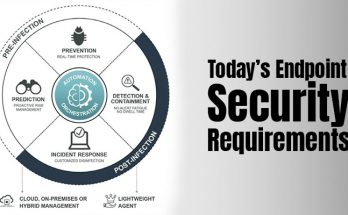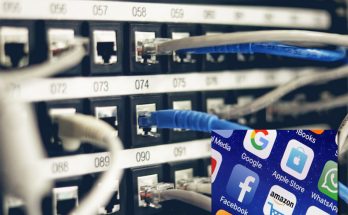The Michigan lifeline program allows eligible low-income consumers to receive free monthly wireless service. The program offers free monthly minutes to qualifying consumers in the state of Michigan and the surrounding areas. It is government sponsored and regulated by the Wireline Competition Bureau.
Lifeline is a government-subsidized wireless service
The Michigan lifeline program is a government-sponsored wireless service that offers a discount to low-income customers who are eligible to sign up. To qualify, customers must be on government assistance, have income below 150% of the federal poverty level, or meet another qualifying criteria. Applicants may apply for a Lifeline service online or at a participating carrier. The program is limited to one phone per household, and it can’t be combined with other government-subsidized wireless services.
In a letter, the Wireline Competition Bureau seeks comment on the TracFone Wireless, Inc. petition to the Commission. The company requested forbearance from the requirement to provide services over its own facilities, and conditional ETC designation for Lifeline universal service support in Tennessee and North Carolina.
The company also asked for guidance on enrolling residents of homeless shelters into Lifeline programs.
It is available to low-income consumers
Michigan’s Lifeline program provides discounts for phone service for qualifying low- income consumers. The program’s goal is to ensure that all Americans have access to basic telephone service. The program is part of the Universal Service Fund and is available to qualifying low-income consumers in every state and territory. The Lifeline program is administered by the Universal Service Administrative Company (USAC), which collects data, calculates support, and disburses funds. Lifeline customers can receive one discount per household and cannot combine discounts with other discounts and offers.
To qualify for a Lifeline discount, consumers must provide proof of eligibility. This can be accomplished by providing proof of income and participation in a qualifying program. The discount is only offered to those whose income falls below certain guidelines. If the qualifying customer fails to provide such documentation, they will be denied the discount and could be de-enrolled from the program. In addition, if they are found to have made a false statement, they may face criminal prosecution, a fine, or both.
It is a government-sponsored wireless service
The Michigan lifeline program is a government-subsidized wireless service that helps low-income families and individuals obtain a low-cost cell phone and Internet service. The program provides a monthly discount of up to $30 or $75 on phone and
internet service to qualifying subscribers. To receive the discount, you must have a household income of less than 135% of the federal poverty guidelines. The program also provides a one-time discount of up to $100 for a computer or phone.
The program was created to help low-income households and seniors connect to the Internet. The state government has been funding this service since 2005, and many Americans have benefited from it. The program is funded through the government’s Universal Service Fund, and enables eligible individuals and families to receive a free cell phone and internet service. In addition, the program offers a wide range of other benefits, including discounts on home phone and Internet service.
It is regulated by the Wireline Competition Bureau
The Wireline Competition Bureau (WCB) is the entity responsible for regulating the Michigan Lifeline program. This agency sets minimum standards for Lifeline service and issues annual budgets to participating carriers. It also issues guidance to carriers regarding the program. The WCB also extends Lifeline program waivers for subscribers in rural areas and on Tribal lands through 2020.
The Lifeline program has many challenges and opportunities for state regulators. The challenges include balancing public interest with regulatory oversight. While monitoring carriers is an important function of state regulators, they also have to decide how to manage ETCs and transition to IP-based platforms.





